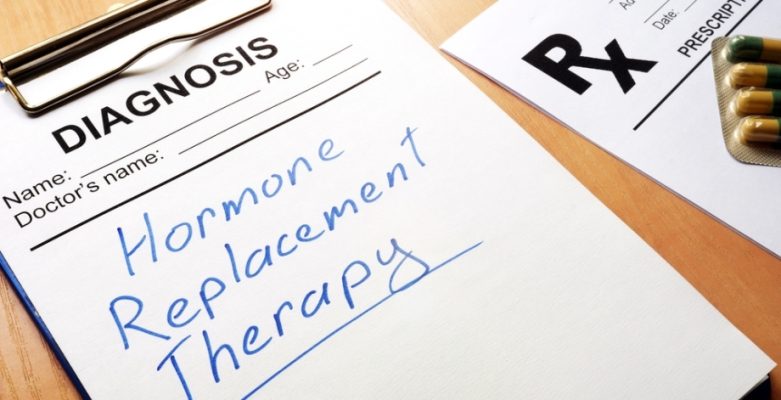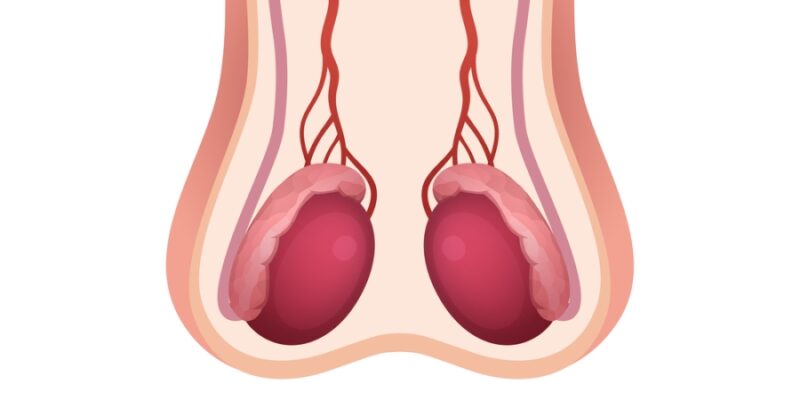
A primary care doctor plays a pivotal role in your overall health management. Being the first point of contact within the healthcare system, this doctor helps you from diagnosing illnesses to providing preventive care. In this article, we’ll explore the essential roles that a primary care doctor plays to ensure your good short-term and long-term health.
- Preventive Care and Early Detection
A good primary care doctor will help you with timely preventive care, which includes regular checkups, health screenings, vaccinations, and lifestyle advice. They can help you catch potential health issues before they become serious. Routine check ups for your blood pressure, cholesterol, and diabetes helps to keep your overall health under check, reducing any future complications. So, it’s important to have a good relationship with your primary care physician.
- Managing Chronic Conditions
Conditions like diabetes, heart disease, and arthritis require regular care so that things don’t get complicated. The role of a primary care doctor is crucial here as he’s the first point of contact and can work with you to develop a personalized treatment plan to tackle all these conditions in a timely manner. This involves regular lab work, changing medications as necessary, and guidance on lifestyle changes. These physicians are a bridge between other specialists that you may need to see for more specific care, ensuring you get the right and timely treatment.
- Continuity of Care
With a primary care doctor by your side, you have a constant support and care throughout your medical journey, which is critical for the best health results. In this way, your physician knows you inside and out and can quickly identify even minor issues with your health that could get bigger with time. They understand your health status better and can timely intervene to get you the best treatment, if things get critical at any point in time. This also promotes trust and open communication between two parties.
- Coordination of Specialized Care
No doubt, your primary care doctor handles all your health issues really well but sometimes, in some cases, you need a specialized care. In such a scenario, it is your primary care doctor only that can help you meet a good specialist for your specific needs. They will refer you to the right specialist and help coordinate your care. This will ensure that you are taken care of well and nothing falls through the cracks.
- Mental Health Support
Your primary care doctor understands you from the core as you have been visiting him for a long time. They can immediately figure out any signs of mental health issues with you and devise a treatment plan specific to your needs. Depression, anxiety, and stress-related disorders are often first diagnosed by a primary care physician.
In many cases, these doctors take care of your mental health conditions, providing sufficient support and guidance; prescribing medications, offering therapy sessions, or discussing lifestyle changes for an overall well-being. They address both physical and mental health issues under one roof, offering a holistic approach to healthcare.
A good primary care doctor is your go-to person for every complication. They are more than just a physician who treats illness; they are your health advocates, who are managing your overall health with the best care. Hence, when seeking a local professional, make sure to choose one that will leave no stone unturned to bring you back to normal. Your doctor should work with a holistic approach to treat every health issue with care and dignity.
In this way, having a primary care physician by your side is one of the most important health decisions you would ever make.



















